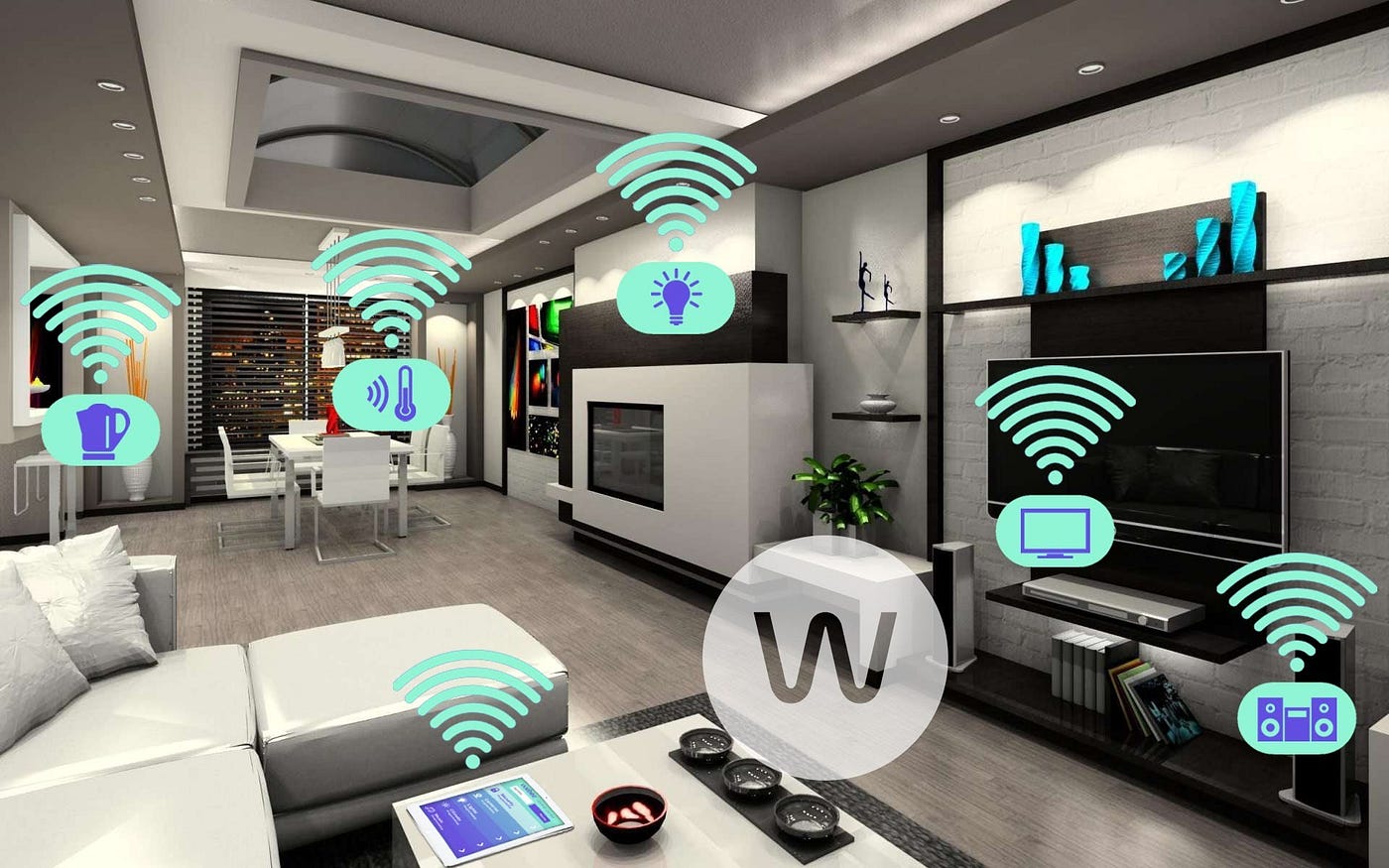

A smart home is a term used to describe a home that has a computer controlled automation system to control various functions in the house such as appliances and lighting. This system uses smart technology that enables devices to be networked, allowing devices to be accessed and operated from any part of the network. The system can be used to monitor, alert and perform various functions according to selected criteria. Smart technology enables automatic communication via mobile phones, the Internet and landlines. Smart technology
uses different electronic components, performing different functions. These components are divided into the following general groups:

Can you imagine a home where everything utilizes the power of technology to make your life easier and more enjoyable?
Sensors:
to monitor and send any changes, e.g. humidity sensors, smoke sensors, motion and heat sensors, thermostats design, etc.
Actuator:
These components perform physical actions; such as automatic light switches, relays, and devices for opening and closing doors and windows.
Controller:
these components make selections based on occurrences and programmed rules.
CPU:
Used to program and make changes to the system, a good example is a computer.
Interface:
These are the components that help users communicate with the system.
The most important aspects to consider for a home to be considered smart are:
Energy management
Security
Lighting
Emergency management
Entertainment
Smart devices.
Energy management
Smart homes are considered very efficient in energy management. Electronic devices are installed in homes to monitor energy usage and the number of people in the home at any given time to regulate energy. When no one is home, the temperature setting is automatically lowered and all unused lights and appliances are turned off. The energy management system also controls heating, fans and air conditioning to save energy. Smart home energy systems also automatically disconnect power from unused outlets.
A smart home energy management system saves up to 65% on energy costs compared to a home where energy consumption is manually controlled.
Security system:
A smart home is much safer because it's easy to protect, which makes it harder to break into than existing homes. An alarm system, similar to a car alarm system, is installed in a smart home. The security system puts the house in safe mode, automatically closing all windows and doors.
Smart home security system is programmed for one-day use or long-term use when the homeowner is away on business or anywhere in the world. Thank you for your valuable time and effort




